Total Human Rights Spending
€2,653,144
€1,499,912
Children’s Rights
€446,391
Governance, Civil Society and Peacebuilding
€525,341
Women’s Rights
€137,500
Land Rights
(Including Protection of Natural Resources)
€44,000
Human Trafficking
In 2021, Misean Cara supported 44 Human Rights projects by 23 members in 28 countries, targeting 311,412 people.
The effectiveness of international development work hinges on the status of human rights wherever that development work is being carried out. That is why Misean Cara has as one of its five key goals the promotion of human rights, and why it funds member projects that address inequality and defend repressed communities.
In 2021, our members’ human rights projects addressed the rights of migrants in Central and South America and internally displaced peoples in South Sudan. They fought for the climate rights and representation of communities bearing the brunt of climate change across the Global South. Another project championed the rights of children in Nigeria whose health is put at extreme risk by pollution from the activities of multi-national petroleum corporations.
Missionaries’ prophetic vision for a just society helps to build a foundation where all other forms of development work can succeed and flourish, while their long-term commitment to a community allows them to immerse in the local political climate and become familiar with local judicial systems and power structures.
Change in human rights is slow. If you want long-term sustainable change, especially with social justice, it takes a long time. You’re not just addressing immediate problems, you’re talking about institutional change, cultural change, constitutional change, and legal change, all of which take a long time. You have to be patient, be consistent, be determined.
Fr. Gabriel Dolan of St. Patrick’s Missionary Society,
who has worked for more than 40 years as a human
rights defender in Kenya.

A Voice for Justice: Advancing Human Rights for Girls and Women in South Africa
Misean Cara member:
Edmund Rice Development
Implementing Organisation:
The Justice Desk
Countries:
South Africa, Zambia, Zimbabwe
At an address to his country’s parliament in 2019, South African President Cyril Ramaphosa asserted that South Africa is “one of the most unsafe places in the world to be a woman or girl, with levels of violence comparable to countries that are at war.”
In 2013, Jessica Dewhurst, CEO of The Justice Desk, set up the organisation to teach citizens to fight back against Gender-Based Violence (GBV) by learning how to be strong, outspoken activists campaigning for human rights and justice.
Since its founding, The Justice Desk has taken inspiration from the life and values of Br. Edmund Rice and the vision for a just and equal world that formed the basis of his mission in the early 19th century. The Justice Desk partners closely with Misean Cara member Edmund Rice Development, a development agency established in 2008 in Ireland by the Congregation of the Christian Brothers.
The Justice Desk is now an award-winning organisation providing advocacy and training to 5,000 people each year in vulnerable communities across South Africa, Zambia and Zimbabwe. It also works alongside civil society groups, NGOs, businesses and government groups to challenge and eliminate the root causes of injustice.
“We believe that by empowering ordinary people to understand and defend their human rights, they can transform society in a sustainable way and create a more just and equal world,” says Dewhurst.
Misean Cara currently funds a human rights training project by The Justice Desk that works with participants from NGOs, government agencies, and 40 schools in South Africa, Zambia and Zimbabwe to teach them to become change agents in their own lives and communities.
As part of this larger initiative, The Justice Desk runs the Mbokodo Club (‘Rock’ Club in the Xhosa language) in the predominantly black community of Nyanga that has one of the highest rates of GBV in South Africa. Through the Club, the Justice Desk empowers girls between the ages of 9 and 19 who are GBV and rape survivors.
Girls are taught emotional and personal resilience and are supported in speaking out for human rights in their communities. Self-defence courses teach them how to physically protect themselves and feel safer and more in control of their bodies.
Working long-term, the goal of the Mbokodo Club is to reach more girls across South Africa and create a network of girl activists, supporting other GBV survivors to go from “victims to victors”. The involvement of parents, guardians, social workers and community leaders emphasises and promotes the powerful African concept of Ubuntu – I am because you are.
“I now know that we as women and children shouldn’t be ashamed to speak up when we are being abused and that there are many people who can be your support structure and are willing to give you a shoulder to cry on. I’ve also learned that we can do so much as children and that we don’t have to shrink ourselves so that others can feel big when around us or with us.”- Participant in a Mbokodo Club GBV workshop.
For further information about our work or to comment on this report, please contact:
Misean Cara
4th Floor, Callaghan House,
13-16 Dame Street, Dublin 2,
D02 HX67, Ireland
Tel: +353 (0) 1 405 5028
Email: info@miseancara.ie
Facebook: /MiseanCaraIreland
Twitter: @miseancara
©2022 Misean Cara
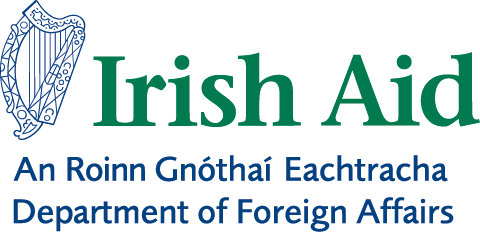
Misean Cara gratefully acknowledges the funding support of Irish Aid.
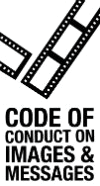
Misean Cara has signed the Dóchas Code of Conduct on Images and Messages for Non-Governmental Development Organisations.
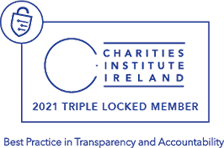
Misean Cara is a member of the Charities Institute of Ireland.
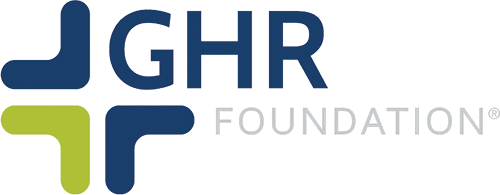
Misean Cara gratefully acknowledges the funding support of GHR Foundation.
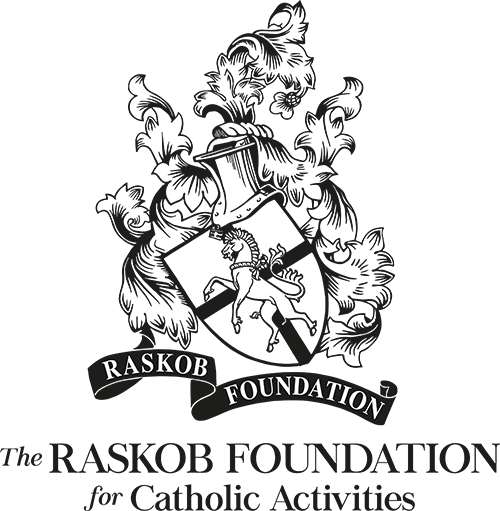
Misean Cara gratefully acknowledges the funding support of the Raskob Foundation.
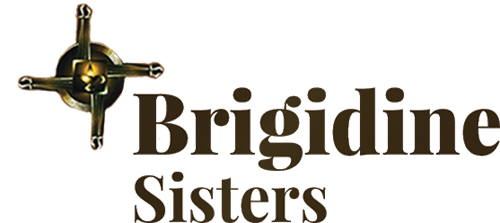
Misean Cara gratefully acknowledges the funding support of the Brigidine Sisters.
